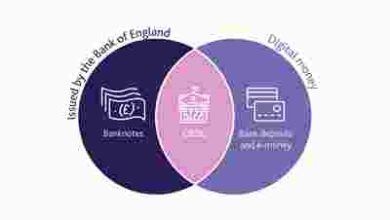Steps to Take Before Signing a Lease Agreement

Steps to Take Before Signing a Lease Agreement
Introduction
So, you’ve found your dream apartment or office space and are excited to move in. But before you sign that lease agreement, there are a few important steps you should take to protect yourself and ensure a smooth renting experience. In this article, we will outline the essential steps you need to follow before signing a lease agreement.
H3>Step 1: Read the Lease Agreement Thoroughly
The lease agreement is a legally binding document that outlines the terms and conditions of your tenancy. It is crucial to read it carefully to understand your rights and responsibilities as a tenant. Pay close attention to clauses related to rent amount, lease term, security deposit, maintenance responsibilities, late payment fees, and any restrictions or requirements mentioned.
Step 2: Inspect the Property
Before signing the lease agreement, thoroughly inspect the property to ensure everything is in good condition. Look for any damages, such as cracks in the walls, leaky faucets, or broken appliances. Take pictures or make a video recording of the property’s condition to have evidence of pre-existing issues. If you notice any problems, discuss them with the landlord or property manager and document any agreed-upon repairs in writing.
Step 3: Clarify Maintenance and Repairs
It’s essential to have a clear understanding of who is responsible for maintenance and repairs during your tenancy. Some landlords may take care of all repairs, while others may expect you to handle certain types of maintenance. Discuss this with your landlord, and make sure it is explicitly mentioned in the lease agreement to avoid any confusion or disputes later on.
Step 4: Understand Lease Termination Policies
Life is unpredictable, and circumstances may arise that require you to terminate your lease agreement earlier than expected. Familiarize yourself with the lease termination policies outlined in the agreement. Some landlords may require advance notice and impose penalties for early termination. Understanding these policies will help you plan for any potential changes in your living or business situation.
FAQs
Q: Can I negotiate the terms of the lease agreement?
Yes, lease agreements are often negotiable, especially when renting a commercial space. However, negotiating residential leases may be more challenging. Discuss your concerns with the landlord or property manager and see if they are open to making amendments to the agreement.
Q: Should I get renter’s insurance?
While not legally required, it is highly recommended to get renter’s insurance. It provides financial protection in case of theft, damage, or accidents in your rented property. It is relatively affordable and offers peace of mind in the event of unexpected situations.
Q: Can I sublet the property?
Subletting depends on the terms mentioned in your lease agreement. Some landlords allow subletting with prior approval, while others strictly prohibit it. Make sure to clarify this point with your landlord if subletting is something you might consider in the future.
Conclusion
Taking the necessary steps before signing a lease agreement is vital to protect yourself as a tenant. By carefully reading the agreement, inspecting the property, clarifying maintenance responsibilities, and understanding lease termination policies, you can ensure a smooth and hassle-free rental experience. Remember, if you have any doubts or concerns, always seek clarification from your landlord or a legal professional before signing on the dotted line.



